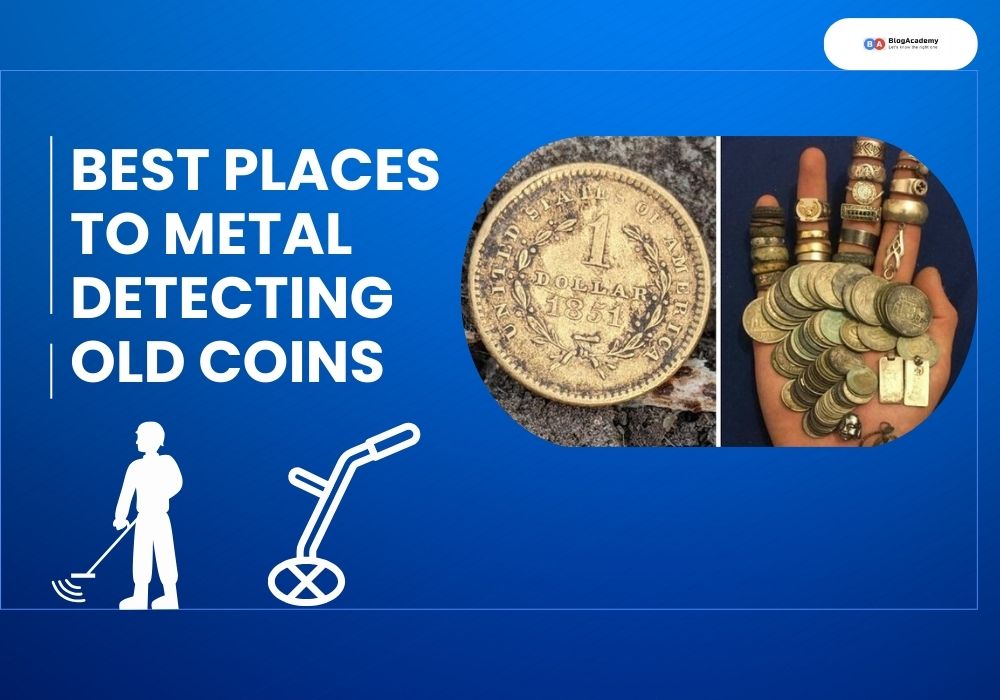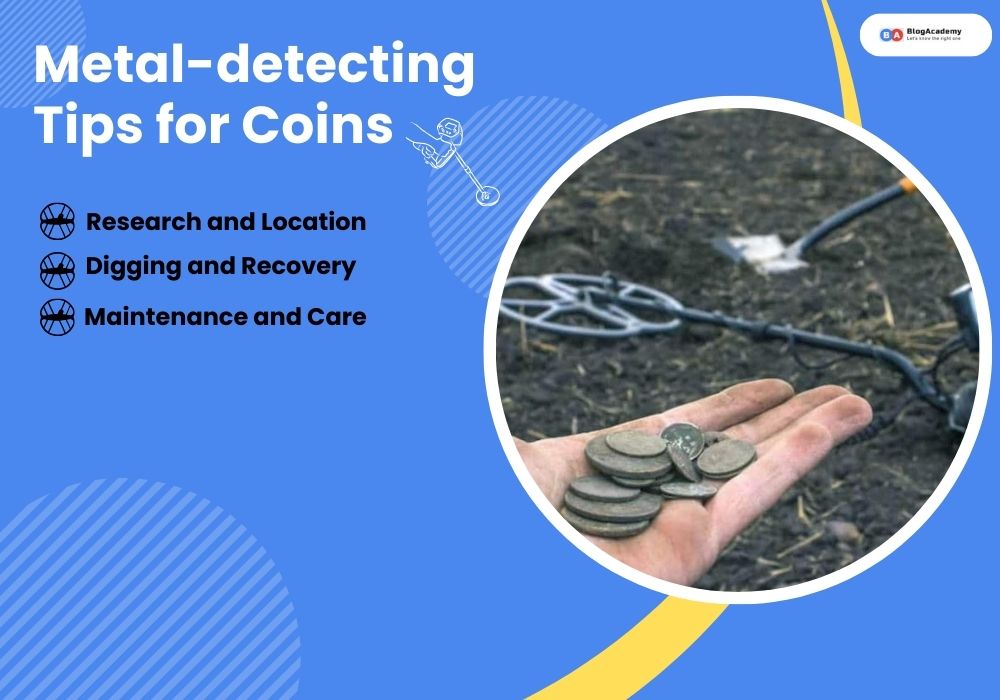The creation of metal detectors stands as a crucial advancement in technology. Bringing significant impacts to different areas such as archaeology, treasure hunting, security, and industry.
These smart tools have transformed how we interact with our environment and have an interesting history that spans centuries.
In this article, we’ll take a trip back in time to learn about how metal detectors were first created and how they’ve changed over the years. We’ll also point out important moments in their development.
Before reading this blog you will know about Top-quality metal detectors 2023 this is very helpful for your treasure hunting, security, and industry.
The Genesis of Metal Detection
The idea of using electromagnetic principles to find hidden metal items goes back to the early 1800s. The person responsible for creating the first basic metal detector was Alexander Graham Bell. Who was famous for inventing the telephone.
In 1881, Bell created a tool called the “induction balance,” made to find metal objects stuck inside human bodies, like bullets. This early idea set up the basis for the later growth of metal detection technology.
Who invented the metal detector?
The metal detector was invented by Alexander Graham Bell in 1881. Although Bell is best known for his groundbreaking work on the telephone. He also had a keen interest in technology and innovation.
He developed the metal detector as a means to locate a bullet lodged in the body of U.S. President James Garfield after he was shot.
Bell’s metal detector used an electromagnetic coil and an oscillator to detect metal objects by generating an electric current when it came into contact with metal.
This innovation revolutionized various fields, including archaeology, security, and industry, by allowing for the efficient detection of buried or hidden metal objects. Bell’s invention laid the foundation for the modern metal detectors that are widely used today in applications ranging from treasure hunting to airport security.
The Birth of Practical Metal Detectors
Important progress was made in metal detection around the early 1900s. In 1925, Gerhard Fisher, a German who moved to the United States, patented a device that was a crucial development in metal detector history.
Fisher’s device, named the “Metalloscope,” used radio waves to find metal objects. Though this was a big step forward, the device was still large and not easy to use everywhere.
Metal detectors World War II and Beyond
During World War II, metal detection technology changed a lot. There was a big rush to find landmines and bombs that hadn’t exploded yet. This made scientists and engineers work hard to improve metal detectors.
Scientists and engineers worked very hard to make the current technology better, and as a result, they created metal detectors that are easier to carry and work more efficiently.
After the war, these new technologies were used for more than just the military. The mining industry started using metal detectors to work better by finding and getting rid of metal bits in valuable rocks. As the tech got better, people also started using it for security and searching for hidden treasures.
The Evolution of Metal Detection Technology
The second part of the 1900s witnessed quick advancements in metal detection technology, leading to the creation of the metal detectors we know today.
During the 1960s, Charles Garrett developed the first effective portable metal detector designed for treasure hunters and hobbyists. This was a significant moment that made metal detection available to more people.
As technology improved and things got smaller, metal detectors became smaller, easier to use, and better at their job. They also added features that let people tell the difference between different kinds of metals.
This made searching for treasures more accurate because enthusiasts could choose to look for valuable things and not pay attention to regular metal trash.
Real-World Applications of metal detectors

Metal detectors have many different uses in various areas, which shows how they can be helpful and flexible.
Archaeology and Treasure Hunting
Metal detectors have greatly changed the way archaeologists work. They help researchers find hidden objects like old things, coins, and historical items without digging a lot.
For example, “In 2009, a person in Britain who enjoys a hobby found a collection of old gold and silver objects with a special tool called a metal finder. This discovery is called the Staffordshire Hoard and it taught us very important things about the history of the early Middle Ages.”.
Security and Law Enforcement
Metal detectors are very important for keeping places safe. They are used at airports, big gatherings, and government places to find hidden weapons and things that are not allowed.
This helps to make sure that people are safe. The police also use small metal detectors to find bullets and other metal things at places where a crime happened.
Industry and Manufacturing
Metal detectors are very important in industries like food making and medicine. They stop bad stuff like metal pieces from getting into products. This keeps people safe and makes sure companies stay trusted.
The Future of Metal Detection
As we think about the future, it seems like metal detection technology is heading in a positive direction. Improvements in sensor technology, machine learning, and artificial intelligence are expected to make metal detectors more accurate and capable. We might see new uses for them, like finding tiny bits of plastic in the environment or pinpointing underground utilities more accurately.
In conclusion
The story of metal detectors, from their simple start to their many uses today, shows how smart people and technology have worked together. These machines began in inventors’ labs and now play crucial parts in archaeology, security, industry, and more.
They have made a lasting impact on our world. As we keep learning about history and keeping ourselves safe, these quiet machines will always be an important tool we rely on.



